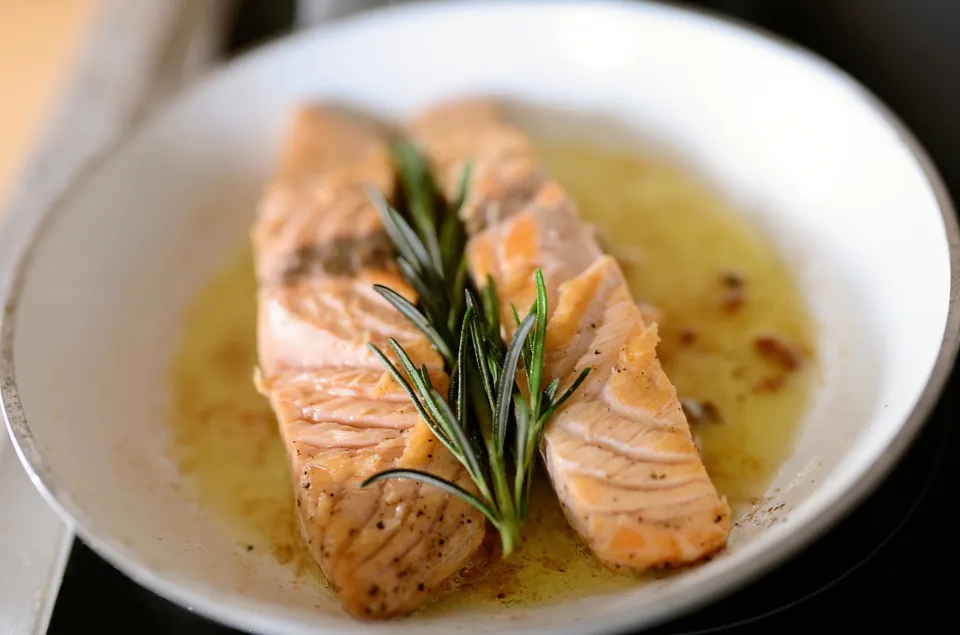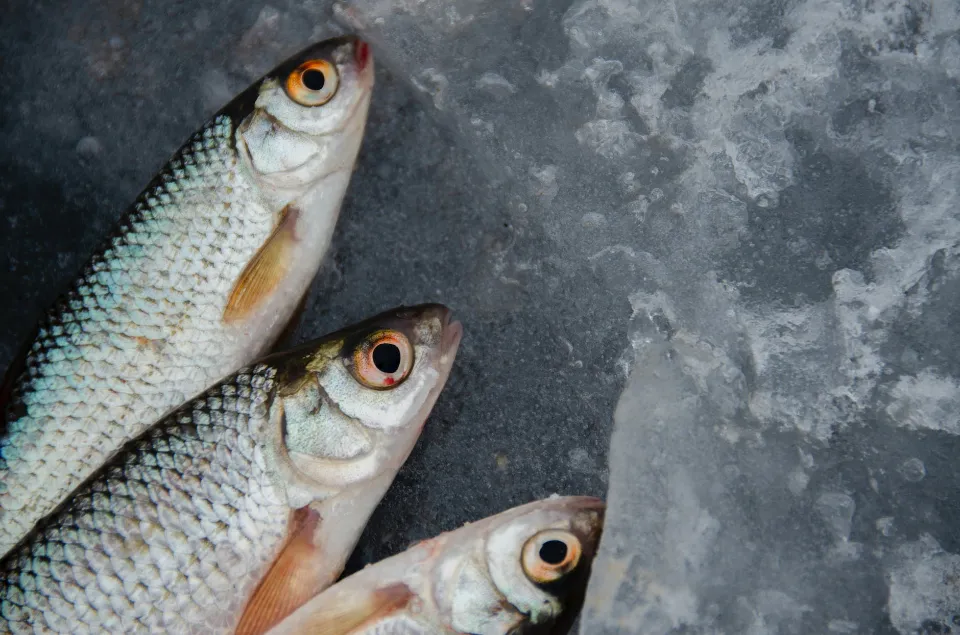
How Long Does Cooked Fish Last In The Fridge – Learn the Shelf Life
You might be wondering how long cooked fish can be kept in the refrigerator safely after a satisfying seafood meal. To reduce food waste and the chance of contracting foodborne illnesses, it is crucial to understand the shelf life of cooked fish.
In this article, we’ll talk about how long it’s safe to keep cooked fish in the refrigerator while also giving you some tips on how to do it safely. To preserve its freshness and flavor, we’ll also talk about proper storage methods.
Therefore, join us as we explore the world of chilled seafood storage if you’re eager to extend the shelf life of your cooked fish without compromising your health.
How Long Can Restaurant Leftovers Keep in the Fridge?

Our recommendation is to eat fish no later than 24 hours after bringing it home when dining at a restaurant. Considering that you have no idea how fresh the fish was before it was cooked and served to you! Fish is frequently kept out days longer than it should be in restaurants. You shouldn’t take a chance on this, really. So our suggestion is to enjoy your restaurant leftovers within 24 hours of bringing them home.
How Long Does Fresh Fish Last in the Fridge?

For one to two days, fresh fish can be stored in the refrigerator. Make sure to put it in the refrigerator as soon as you can after purchasing it, whether it was from the grocery store or your neighborhood fishmonger.
Fresh fish ought to have a pleasant aroma, similar to that of the body of water they came from. An indication that the fillet or whole fish should be thrown out is if it smells fishy, sour, or ammonia-like. If there is discoloration, darkening, or drying around the edges of the fillet, the fish should also be discarded. The eyes of a whole fish should be clear and not cloudy if you bought it.

To reduce the chance of cross-contamination, store raw fish on the bottom shelf of the refrigerator. In order to prevent bacterial growth, make sure your refrigerator is set at a safe temperature of 40°F or lower.
Bacteria grow quickly between 40℉ and 140℉, also known as the “Danger Zone.” You could also store your fish with ice or ice packs if you frequently open your refrigerator. Before icing, wrap any cut fish or fillets that will be stored in plastic wrap. There is no need to wrap the fish in advance.

How to Store Raw Fish
If you bought fillets, divide them up into serving sizes that are enough for a single meal for you or your family, if you have kids or live with them.
The pieces should then be tightly wrapped in airtight freezer paper or foil to stop leaks before being placed in the refrigerator or freezer.

You could request that the store clean the entrails and scales if you purchased a whole fish. In this manner, you avoid having to prepare it yourself before cooking or putting it in the refrigerator. Per serving portion, store them in airtight containers or bags.
Take a batch out of the fridge and start cooking as soon as you’re ready to eat them.
If they are frozen, you must first thaw them in the fridge for 18 to 24 hours. If you can’t concentrate on watching the fish thaw, avoid removing frozen fish from the refrigerator to thaw.
The fish can be placed in a plastic bag and dropped into a sink of cold water to quickly thaw out.
For even faster thawing, you can microwave the frozen food. If there is still some ice, just be sure to stop the cycle when the fish is already malleable.
Storing Cooked Fish in the Fridge

Even with food kept in the refrigerator, bacteria can still grow. It is significantly slowed down, though.
Storing cooked fish in the fridge will give you up to 5 days to eat it before it goes bad. It is advised that you throw the fish away after these five days because anything after that is deemed harmful.
Storing Cooked Fish in the Freezer
You can extend the shelf life of cooked fish by storing it in the freezer. The fish will stay fine for up to 3 months, at this point it is recommended against eating it.
It is advised not to refreeze fish that has been thawed but not completely consumed. Take salmon as an example; we have a blog post discussing refreezing frozen salmon. Both the quality and bacterial growth will significantly decline as a result of this.
Rather than thawing the entire piece of fish at once, it is advised to freeze food in portions so that you can thaw just the amount you need whenever you need it.
Bottom Line
The refrigerator has a two-day shelf life for fresh fish and a four-day shelf life for cooked fish. It is best to discard fresh fish that smells fishy or sour or that has any discoloration on the edges. Fish, whether raw or cooked, can be frozen to extend its shelf life and will keep for several months in the freezer.
Read More:





Average Rating